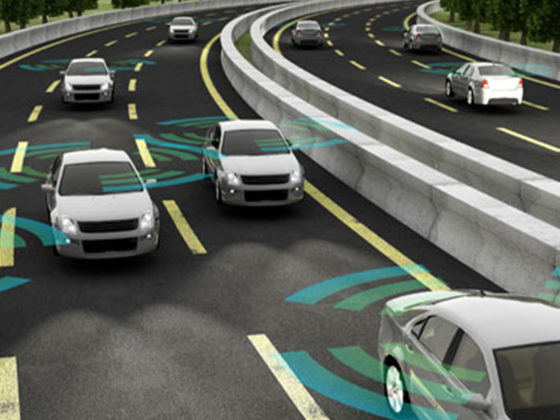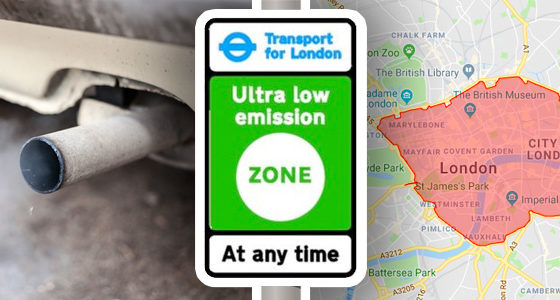Eco Feature: Going Green… and the new BMW i3
Eco Feature: Going Green… and the new BMW i3 https://wvl.co.uk/wp-content/themes/movedo/images/empty/thumbnail.jpg 150 150 Anthony https://secure.gravatar.com/avatar/0ce9a76712b2ebb44190c51857fae37600a61d6fe57138c94dce31a727aa27ec?s=96&d=mm&r=gWhen you consider that we live in an ever increasingly environmentally conscious society, it’s a wonder that people are seemingly so reserved when it comes to acquiring green cars.
In the UK motor industry just 1.5% of cars sold are accounted for by electric and hybrid cars and, although there has been slow and steady market growth at home, across the channel in Europe sales of green cars are down 5% from last year. Which begs the question, why?
The lack of sales is a conundrum that the government are keen to solve which has led to the Office for Low Emission Vehicles (OLEV) being granted a further £500million to develop a more effective strategy aimed at increasing the uptake of low emission vehicles. This is to be carried out in the 5 year period between 2015 – 2020.
To aid them in their task, OLEV have been seeking feedback from various external bodies as to how best to invest the money. Representatives from the BVRLA have stated that “more resource is needed to be put behind information campaigns and fleet training so that many misconceptions around electric vehicles can be corrected.” Among the suggested incentives that OLEV have been advised to implement are the following; tax incentives for companies to install charging points, reinstate 100% FYA for leased or rented ultra-low emission vehicles and to provide subsidised or free EV parking.
Trying to encourage consumers and businesses to acquire greener cars is nothing new: in 2002 the chancellor announced changes to company car tax with the main intention of encouraging employers and company car drivers to choose cars with low CO₂ emissions. The basic premise of the tax is: the lower the harmful emissions, the lower the tax. These company tax benefits are the primary reason that the majority of electric car sales in the UK are for fleet or company car use.

All eyes are on BMW’s i3
From a manufacturer’s point of view there has been a lot of excitement and hype around the newly released BMW i3. Having first released plans for the i3 in 2007 and having spent $2billion in development, the car is now being widely acclaimed for its innovation, with Topgear heralding it as a car that can ‘change open minds (with regards to green cars).’
BMW insist that the primary version of the i3 is the all electric model which has a range of between 80-100 miles, but there is also a range-enhancing version equipped with a petrol generator which, among other factors, is aimed at reducing range anxiety among drivers.
Since going on sale in September 2013, sales for the i3 have been very slow, with just 400 units being sold during November in Western Europe. However, experts say that this is not to do with consumer doubt and rather that BMW are consciously being slow in the production of the car for fear of their newly developed technology failing, resulting in numerous (rather embarrassing) recalls.
BMW have been quick to release confidence boosting figures of 10,000 orders having been taken around the world with a further 100,000 requests for test drives. Whatever the figures may be one thing is for sure: 2014 is going to be a big year for the i3… and a big year for green cars in general.
If you’re considering a greener option for your vehicle or fleet, call us to discuss the options, prices and benefits on 01753 851561.




